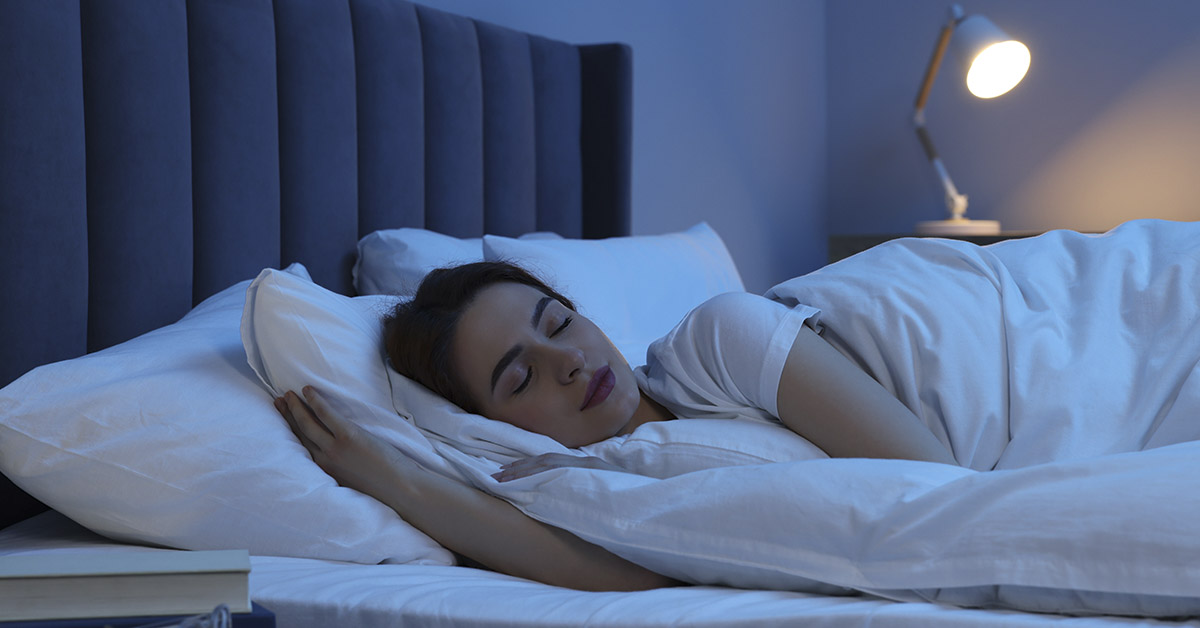The amount of sleep we need seems to change over time. Teenagers always seem tired, no matter how much sleep they have got. When you are in your early twenties, going straight to work after a long night out is no issue at all. However, it’s quite normal to require a good night’s sleep and most people don’t function well on too little rest. Yet, there are apparently some people who only require three to four hours of sleep per night and researchers believe it may be genetic. But what is it about their genes that makes them need less sleep than most other people? Let’s take a closer look at the results of the study recently published in Proceedings of National Academy of Sciences.
Why Do Some People Need Less Sleep Than Others?

According to the Mayo Clinic, adults need around seven or more hours of sleep per night. Getting less than the recommended amount of sleep has been linked to weight gain, high blood pressure, depression, heart disease, and stroke. However, researchers now believe they have discovered a genetic mutation that allows people to sleep less and still function normally during the day. This mutation was discovered in a mother and daughter by a team of neuroscientists and geneticists from the University of California in San Francisco.
Our Internal Body Clocks
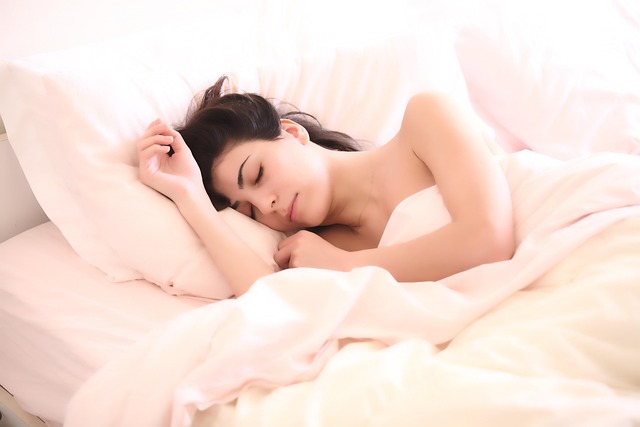
The genetic mutation was discovered in the gene that helps regulate our circadian rhythms, our internal clock. After this discovery was announced, more people who typically slept little reached out to the team. The team subsequently identified five different mutations in four genes that potentially contribute to this trait. When we go to sleep, our bodies continue to work. The researchers theorize that people who need less sleep are performing these functions on a higher level. The Sik3 gene was previously linked to sleepiness in previous studies. However, this new variation, the SIK3-N783Y mutation, seems to contradict those findings.
Promising Results In Mice Trials
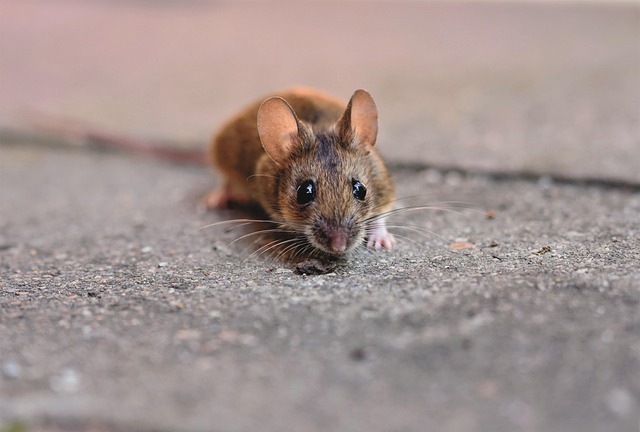
To further test their findings, the researchers genetically modified mice in the laboratory to carry the particular gene thought to be active in those individuals who need less sleep. They found that the mice carrying the mutation need an average of 31 minutes less sleep per day than those who didn’t. The researchers believe that the mutation may support brain homeostasis, which leads to requiring less sleep. The next step for the researchers is to carry out further studies of this mutation and its variants to assess their impact on sleep.
Read More: 15 Habits to Help You Lose Weight While You Sleep
Why We Need Sleep
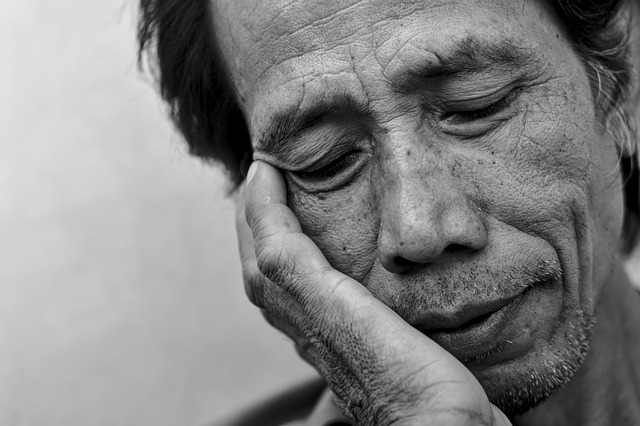
While these findings may be good news for those individuals who need less sleep, what about the rest of us? Sleep is an important time for the body to reset itself and get the rest it needs for the next day. Proper sleep leads to an improvement in overall health, mood, and mental performance. Sleep also helps prepare your brain to learn, recall, and create. When we go to sleep, the brain totally changes its function. It functions similarly to a kidney, helping to remove certain types of waste from the system. In mice trials, researchers have discovered that this waste removal system washes out some of the proteins associated with Alzheimer’s disease.
How To Get Better Sleep

If you are not one of the people who need less sleep, and you are having trouble sleeping, there are a few steps you can take to improve the situation. Doctors recommend that you aim to stick to a sleep schedule, going to bed and waking up at the same time every day. They also suggest getting at least 30 minutes of sunshine every day. Exercising also helps promote good sleep, but not just before bedtime. Caffeine can actually take 6 to 8 hours to completely wear off, so avoid it before bed. You should also try and avoid long naps in the afternoon. If you do require a little nap, try and keep it short and don’t do it too late in the afternoon. Also, limit your alcohol intake and exposure to electronics.
The Bottom Line
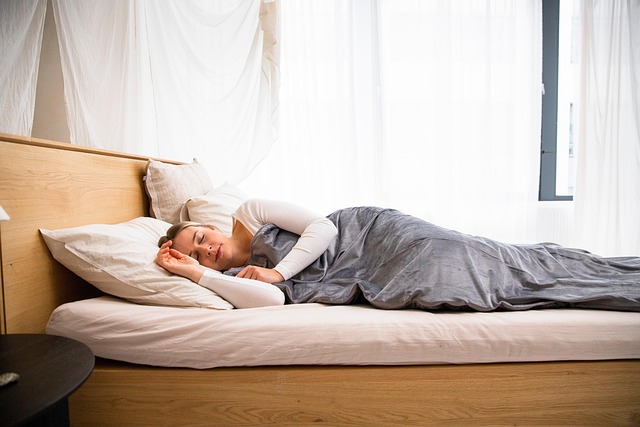
The majority of individuals require at least seven hours of sleep per night to remain healthy and functioning normally. However, other people appear to be genetically predisposed to need less sleep. Scientists have uncovered rare gene variants that could explain this unique sleeping pattern. The SIK3-N783Y mutation, in particular, has produced good outcomes in mouse trials. These mice required considerably less sleep to maintain normal brain function. This research could potentially provide fresh insights into sleep disorders and brain health one day soon. For the time being, most people require regular, high-quality sleep for their physical and mental health. Everyone who does not carry this unusual mutation should continue to practice good sleep habits.
Read More: The Most Dangerous Time to Sleep: Doctor Warns It Could Cause 4 Health Problems
